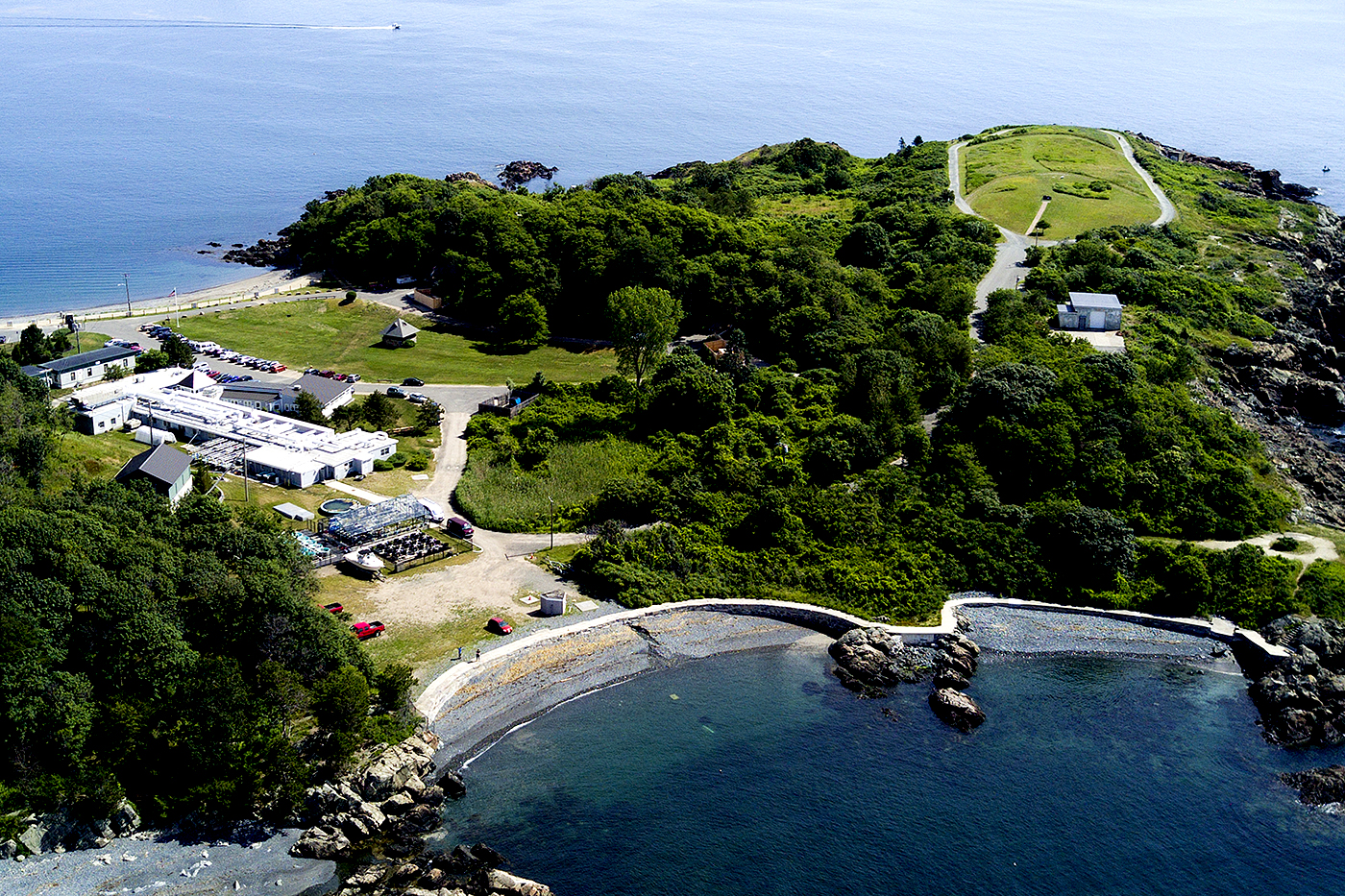Northeastern’s Marine Science Center has created a new series of online educational resources for science teachers to use to inside and outside their classrooms. The website translates research completed by Northeastern students and faculty into lesson plans for teachers.
The site is catered toward every level of education, with lessons suited for students from early elementary school through high school. The Marine Science Center already plays an active role with local schools, hosting field trips and tours of the rocky shoreline in Nahant where it is located. The new website, however, can be used by any teacher, anytime.
“Originally we developed these materials for teachers who were planning on coming to the center for a field trip,” said Valerie Perini, outreach program coordinator at the Marine Science Center. “Then we thought: Why not make this accessible for all teachers?”
The teaching resources include powerpoint presentations, wildlife identification packs, and activities for the classroom and the outdoors.
Additionally, the Marine Science Center has formed a partnership with the MassBays National Estuary Program to create a series of posters, designed by Northeastern alumna Tanya Rogers, that depict different environments found in Boston Harbor.
The case studies section of the website takes a closer look at some of the research done by Northeastern faculty and students at the Marine Science Center. Perini hopes to eventually include a case study from every faculty researcher. This section was designed to give high school students a taste of what a serious career in marine biology looks like.
“We find educators really like the case studies, because they give kids a tangible answer as to what they could do with a degree in marine science,” said Perini. “This is the daily work that we do.’’
The Ocean Genome Legacy Center, which is a part of the Marine Science Center that focuses on preserving DNA samples of wildlife, has revamped its online educational materials as well. The “fish forensics” activity on the homepage helps students familiarize themselves with different techniques researchers use to identify species.
“Our goal is to educate the public about genomes, DNA, and the wealth of knowledge we have on these subjects,” said Hannah Appiah-Madson, the collections associate at the Ocean Genome Legacy Center. “We are working on demystifying the idea of genetics.”
According to Perini, these educational resources are only scratching the surface of the research and knowledge available at the Marine Science Center.
“We hope to create more access to marine science research and activities that can help students better understand what a career here might entail,” said Perini.

